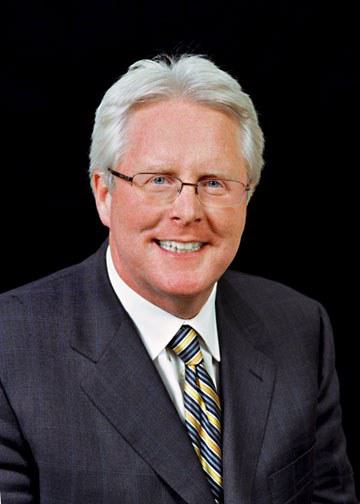Patent Suit Against Facebook Moves Closer to Trial

By Shannon P. Duffy, U.S. Courthouse Correspondent

Tom Duffy, Esq.
A patent suit against Facebook Inc. — the wildly popular social networking site — moved an important step closer to trial last week when a federal judge issued a series of rulings on issues of patent claim construction.
And in a sign that the litigation is getting ugly, the plaintiffs lawyers last week moved for sanctions against Facebook, arguing that it has ignored discovery obligations and "made a mockery of the process for no other reason than to unilaterally obtain that which the court refused to give it — no discovery."
In the suit, plaintiff Cross Atlantic Capital Partners, also known as XACP, claims that Facebook's design infringes on a patent that was filed several years before Facebook was launched in 2004.
The suit says XACP holds the rights to a patent for an Internet-based "community for users with common interests to interact in" that was invented in 2000.
According to court papers, a patent application was filed in February 2000 by four men — Jamey Harvey, Andrew Fegley, Matt Hulan and Robert Dekelbaum — that described an invention of software and hardware that would establish "novel systems and methods for creating a community for users with common interests to interact in."
The suit alleges that initial development of the Facebook website began "no earlier than December 2003."
So far, the litigation has proceeded on two tracks, with XACP setting out to prove that Facebook infringes its patents and Facebook focusing most of its efforts on proving that XACP's patents are invalid because of "prior art," a term that essentially means the claimed invention was nothing new and therefore not patentable.
If XACP's infringement claim is ultimately successful, Facebook could be ordered to pay millions in damages and possibly face an injunction that could shut the site down.
Facebook, which was launched at Harvard University by then-student Mark Zuckerberg and several of his dorm-mates, was initially limited to college students in its first few years, but expanded to the public in 2006 and has grown rapidly, especially in the past few years when users over 35 began to join, swelling its membership from 42 million in 2008 to more than 600 million in 2011.
The company also recently began turning a profit and has been rumored to be gearing up for going public with an initial public offering in which some analysts predict the company could be valued at up to $5 billion. But before an IPO, the patent litigation would likely have to be resolved.
The case, Cross Atlantic Capital Partners Inc. v. Facebook Inc. , was filed in 2007 and was nearly ready to go to trial in 2008 when Facebook asked for a stay of the litigation in order to pursue an "inter partes" re-examination of the patent before the U.S. Patent and Trademark Office.
In September 2009, the PTO examiners issued a decision that reaffirmed the validity of XACP's patent. And in late March 2010, the examiners issued a right of appeal notice, effectively finalizing their decision and clearing the way for Facebook to challenge the decision before the Patent Office Board of Patent Appeals.
XACP's lawyers — Frederick A. Tecce of McShea Tecce and Thomas J. Duffy of Duffy + Partners— moved to have the stay lifted in September 2009, and U.S. District Judge John R. Padova granted the motion in November.
Since then, both sides asked Padova to revisit some of his previous rulings in the case.
In patent litigation, issues of "claim construction," or the precise meaning of key terms, are decided by the judge in a process referred to as Markman hearings.
Padova held Markman hearings in 2008 and issued a series of rulings, but both sides argued that the rulings should be modified in light of the decision by the PTO examiners.
Now Padova has announced his rulings on the meanings of the terms "community," "registered user," "application object" and "transmitting the created community."
Each side won some of its arguments and lost others.
Tecce, in an interview, said XACP is "delighted with the ruling and looking forward to going to trial."
Facebook is represented by attorneys Heidi L. Keefe and Mark R. Weinstein of Cooley LLP in Palo Alto, Calif., along with Alfred W. Zaher and Dennis P. McCooe of Blank Rome in Philadelphia.
Keefe did not return a call seeking comment.
(Copies of the 27-page opinion in Cross Atlantic Capital Partners Inc. v. Facebook Inc. , PICS No. 11-0486, are available from The Legal Intelligencer . Please call the Pennsylvania Instant Case Service at 800-276-PICS to order or for information. Some cases are not available until 1 p.m.) •

